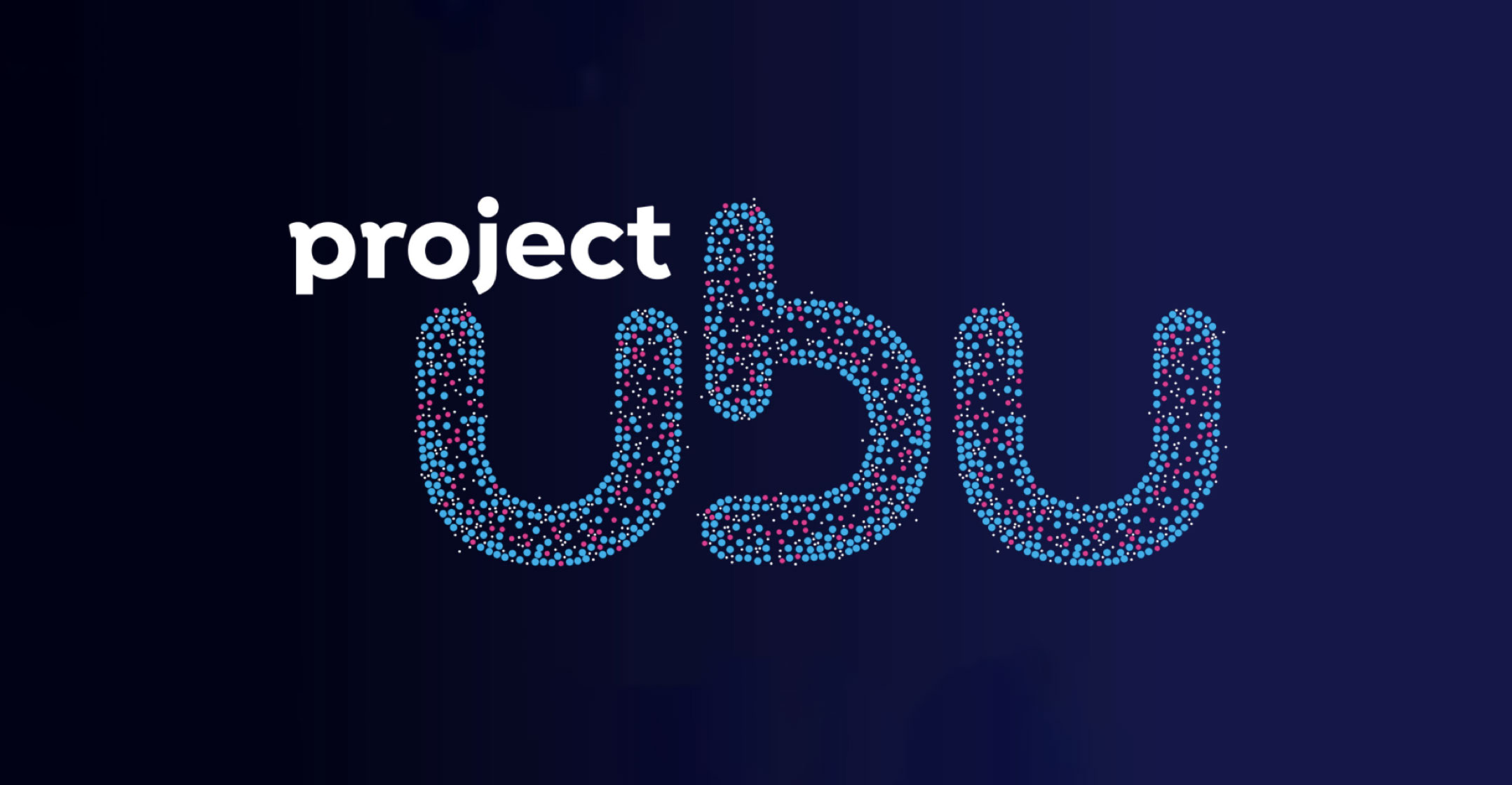
South African start-up Project Ubu, which is working to combine the idea of a universal basic income (separate from government-led initiatives) with a blockchain-housed cryptocurrency, has announced the launch of an initial token sale of its UBX token to fund its planned roll-out.
Founded by Bridge Capital director Dudley Baylis, Project Ubu has attracted a number of heavy hitters to its management team, including former Vox Telecom CEO Douglas Reed, former Altech chief technology officer Steven Sidley and former advertising industry executive Justin McCarthy.
The Project Ubu token sale has three distinct phases, the company said on Wednesday.
There will be a pre-sale phase, running until 28 September, with a cap of four million tokens. Pre-sale investors will earn 25 bonus tokens for every lot of 100 tokens purchased. Applications are non-binding and payment will only become due on 29 September, once applications are approved.
A public sale phase will then commence on 29 September, running until 20 October, with a cap of 4.5m tokens.
Finally, a contract sale phase will begin on 21 October and end on 15 November, again with 4.5m tokens available.
“The UBX is an ERC-20 smart contract token built on the ethereum network and is priced at US$5,” Project Ubu said in a statement. “An initial token sale is the same mechanism as an initial coin offering, the only difference between a coin and a token is a technical one related to ethereum’s ERC-20 smart contract protocol.”
The details of the basis for the valuation, as well as the underlying mathematics and economics, is available in a white paper.
Alternative money system
Project Ubu said it wants to create an “alternative, global, decentralised money system that fundamentally alters the circumstances of hundreds of millions of underprivileged people by providing them with a means to economic independence”.
It aims to “unlock inefficient, trapped and moribund assets diffused throughout the economic system to create value in a crypto token that it distributes, at no cost, to every human being electing to receive them”.
“Recipients can exchange these tokens for goods and services, with each transaction another pebble in the construction of an independent, self-sustaining ecosystem free from government control and entirely non-reliant on taxation or other ‘excisory’ methods.” — (c) 2017 NewsCentral Media
- Listen to TechCentral’s podcast interview with Justin McCarthy and Steven Sidley on Project Ubu




